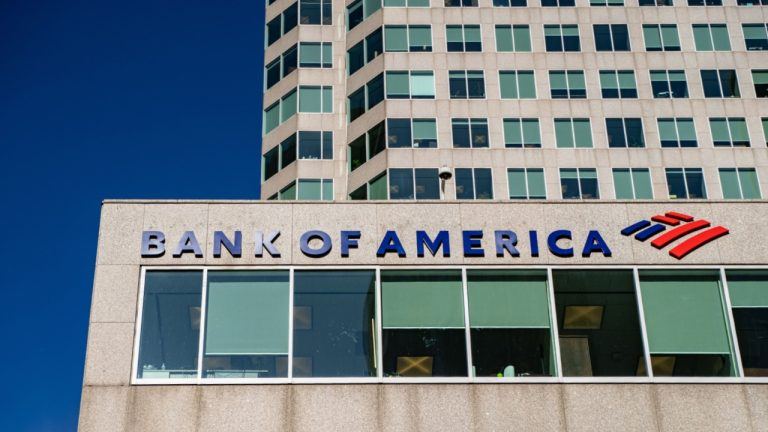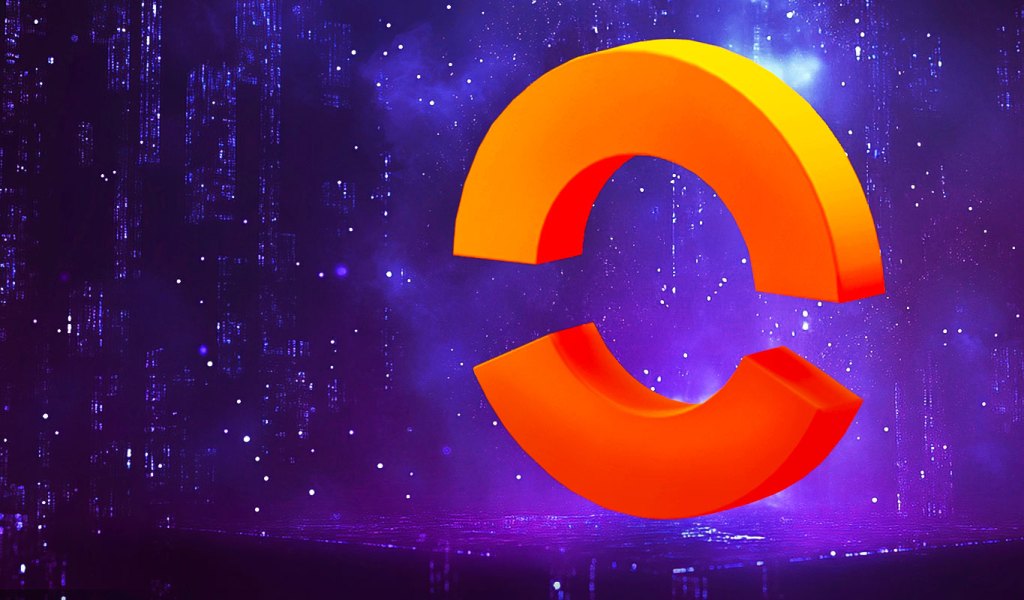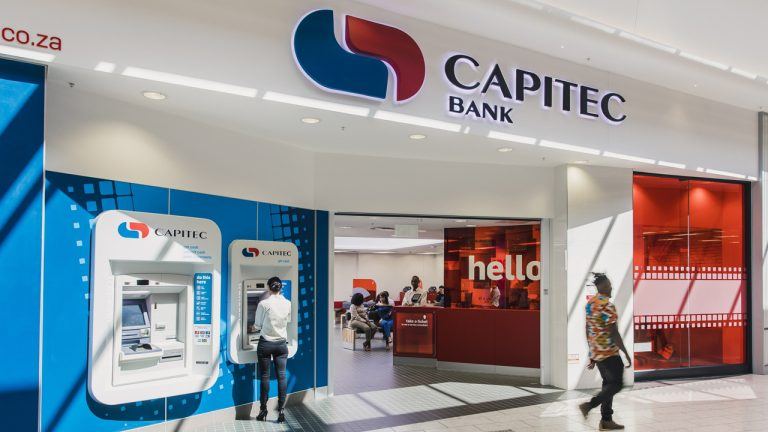 Bank of America’s CEO foresees a crypto payment revolution, emphasizing banks will aggressively adopt digital currencies once clear regulations unlock their transactional potential. Bank of America CEO Envisions a Crypto Payment Boom Fueled by Regulation Bank of America CEO Brian Moynihan has discussed the potential for cryptocurrency payments to gain traction in the banking sector, […]
Bank of America’s CEO foresees a crypto payment revolution, emphasizing banks will aggressively adopt digital currencies once clear regulations unlock their transactional potential. Bank of America CEO Envisions a Crypto Payment Boom Fueled by Regulation Bank of America CEO Brian Moynihan has discussed the potential for cryptocurrency payments to gain traction in the banking sector, […]
Bank of America CEO Brian Moynihan says US banks will start providing crypto payment services if federal regulators ever approve it. In a new interview with CNBC at the World Economic Forum in Davos, Switzerland, Moynihan says US banks are prepared to start offering crypto services if US President Donald Trump’s administration gives the go-ahead. […]
The post Bank of America CEO Says US Banking Industry To Jump Into Crypto Payments if Regulators Give Green Light: Report appeared first on The Daily Hodl.

MoonPay has acquired Solana-based payment processor Helio for $175 million to enhance crypto payment services.
MoonPay, a fiat-to-crypto on-ramp provider, has acquired Helio, a blockchain-based payment processor built on Solana, in a $175 million deal to expand its payments infrastructure.
Helio, known for its crypto checkout platform, enables businesses to accept payments in digital assets, such as Bitcoin (BTC), Ether (ETH), Solana’s SOL (SOL) and USD Coin (USDC).
According to a press release, the acquisition expands MoonpPay’s infrastructure by incorporating Helio’s technology to improve the efficiency of crypto payments for merchants and marketplaces.

The web3 infrastructure provider MoonPay is reportedly mulling a $150 million acquisition of the crypto payments provider Helio. Fox Business reporter Eleanor Terrett reports that MoonPay is in talks over the deal, which would represent the crypto firm’s largest acquisition. Helio aims to make “accepting crypto payments effortless for merchants and apps worldwide.” The payment […]
The post MoonPay Considering $150,000,000 Acquisition of Crypto Payment Firm Helio: Report appeared first on The Daily Hodl.

Detroit says the move to begin accepting crypto as payment for taxes and other city services was part of a broader effort to “modernize and improve” its payment channels.
Detroit will soon allow its residents to pay their taxes and other city fees with cryptocurrency as the city looks to “modernize” and attract blockchain companies to the city, according to an announcement from Detroit’s Office of Treasury.
In a Nov. 7 statement, the Detroit Treasury said the new crypto payment options would be offered through a “secure payment platform managed by PayPal” from mid-2025.
The announcement did not clarify which cryptocurrencies Detroit would accept as payment, but PayPal currently provides support for a small number of major crypto assets, including Bitcoin (BTC), Ether (ETH), Bitcoin Cash (BCH), Litecoin (LTC), and its own in-house stablecoin PayPal USD (PYUSD).

Alchemy Pay said that users would have the option to pay their gas fees with fiat or its native ACH token.
Crypto payment provider Alchemy Pay announced that it would launch a layer-1 blockchain called Alchemy Chain to support the “growing needs” of its business operations.
In an announcement, Alchemy Pay said the blockchain will be built using a Solana Virtual Machine (SVM) architecture. The company said it would enable interactions between offchain storage and blockchain-based transactions.
In addition, the firm said that its goal is to establish a system where “fiat currencies and cryptocurrencies coexist without friction.”
 South African bank Capitec has blocked electronic funds transfers and real-time payments to cryptocurrency exchanges as a security measure. While Capitec acknowledges growing interest in cryptocurrencies, the bank maintains that the measure is necessary to protect clients from fraud. Some industry players view this move as an attempt to restrict crypto trading. Crypto Payments Blocked […]
South African bank Capitec has blocked electronic funds transfers and real-time payments to cryptocurrency exchanges as a security measure. While Capitec acknowledges growing interest in cryptocurrencies, the bank maintains that the measure is necessary to protect clients from fraud. Some industry players view this move as an attempt to restrict crypto trading. Crypto Payments Blocked […]

Stablecoins pegged to the United States dollar have outpaced Bitcoin as a store of value in developing countries with runaway inflation.
Stripe, a payments processing company, is reportedly in talks to acquire stablecoin platform Bridge, according to unnamed sources familiar with the deal.
According to Bloomberg, the deal has not yet been finalized, and either party could still walk away without inking an agreement.
The potential acquisition by Stripe comes amid the payment company's planned re-entry into the digital asset sector after a six-year break from providing crypto payment services.
 South African crypto exchange Luno has partnered with Zapper to enable crypto payments at over 31,000 merchants. This partnership aims to expand crypto’s use beyond investment and into daily transactions. The partnership is part of a broader trend in South Africa, with other exchanges like Valr and supermarkets like Pick n Pay also accepting crypto […]
South African crypto exchange Luno has partnered with Zapper to enable crypto payments at over 31,000 merchants. This partnership aims to expand crypto’s use beyond investment and into daily transactions. The partnership is part of a broader trend in South Africa, with other exchanges like Valr and supermarkets like Pick n Pay also accepting crypto […]

Brazil’s central bank is developing a synthetic central bank digital currency, which aims to blend decentralization, privacy and programmability.
Brazil is incorporating decentralized finance (DeFi) principles into ongoing experiments toward developing its in-house “synthetic” central bank digital currency (CBDC), Drex, which was previously called the digital Brazilian real.
On Oct. 3, Roberto Campos Neto, president of Banco Central do Brasil, highlighted the country’s need for a multidimensional CBDC that addresses the “trilemma” of decentralization, privacy and programmability — challenges that traditional markets have struggled to resolve simultaneously.
While presenting for a Markus’ Academy presentation on The Future of Financial Intermediation, Neto said: